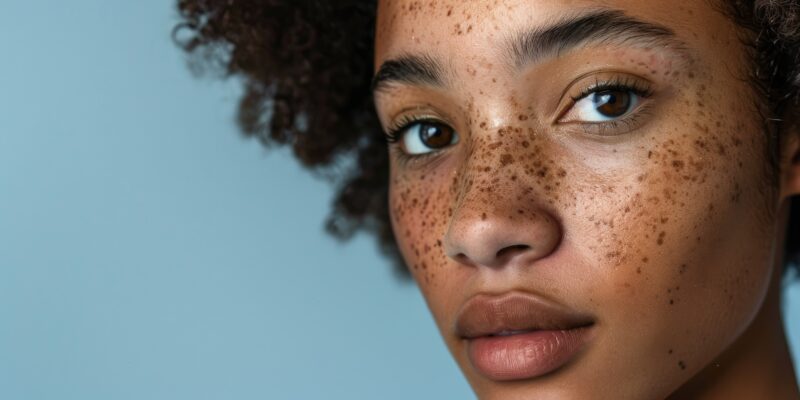Ringworm is caused by microscopic skin fungi that live on the outer layer of the skin. You can get it from direct skin-to-skin contact with infected people or pets. It is also transmitted by sharing hats and personal hair grooming items, and through contact with locker room floors, shower stalls, seats, or clothing used by an infected person. It is more common in children 12 years of age or younger.
Ringworm Symptoms
When a ringworm infection appears on the skin, it makes circular, reddish patches with raised borders. Eventually, the patches grow larger, and the centers of the patches turn clear, giving a ring-like appearance. The symptoms on the body usually appear four to 10 days after exposure. Scalp symptoms will appear in 10-14 days. Symptoms of ringworm on other parts of the body vary, for example:
- Scalp: Begins with small bumps on the head that grow larger and form a circular pattern. Hair may become brittle and break, forming scaly, hairless patches.
- Hands: Affects the palms and spaces between the fingers.
- Feet: Also referred to as athlete’s foot, this may cause scaling between the toes, or thickening and scaling on the heels or soles.
- Nails: Causes fingernails and toenails to become yellow, thick, and crumbly.
- Groin: Also referred to as jock itch, this causes a chafed, reddish, itchy, sometimes painful rash in the groin.
- Body: Produces flat, scaly, round spots on the skin.
- Face: Produces red, scaly patches on the face.
Ringworm Treatment
Ringworm is often easily diagnosed by appearance. However, symptoms may be similar to other conditions. A sample of the affected area may be taken for testing.
Topical treatment: This type of treatment is used for ringworm of the skin or body. It includes antifungal creams and powders. It usually takes at least two weeks for the ringworm to clear. After ringworm clears, treatment is usually continued for at least two more weeks.
- For ringworm involving the body, hands, or feet, non-prescription treatment is highly effective.
- Some medications are more effective than others.
Oral treatment: This type of treatment is used for ringworm of the nails and scalp. Early treatment for scalp ringworm is important to prevent permanent hair loss. A culture or other test may be given to get an accurate diagnosis before beginning this kind of treatment. Prescription pills are given for:
- Scalp ringworm: four to eight weeks, and occasionally longer.
- Nail ringworm: four to nine months, and occasionally longer.
How to Prevent Ringworm
- Avoid contact with any infected person, animal, surface, or object.
- Do not share personal hair grooming items, clothing, or shoes.
- Wear sandals in locker room areas.
- Avoid scratching during infection. This will prevent ringworm from spreading to other areas.
- Wear clothing that minimizes sweating and moisture build-up.
- Wear breathable shoes or sandals.
- Keep moisture-prone areas of the body clean and dry.
Each patient is unique; therefore, results of treatment may vary.
Make an appointment to speak with one of our trusted Skin Care Providers to discuss options for treating ringworm.














